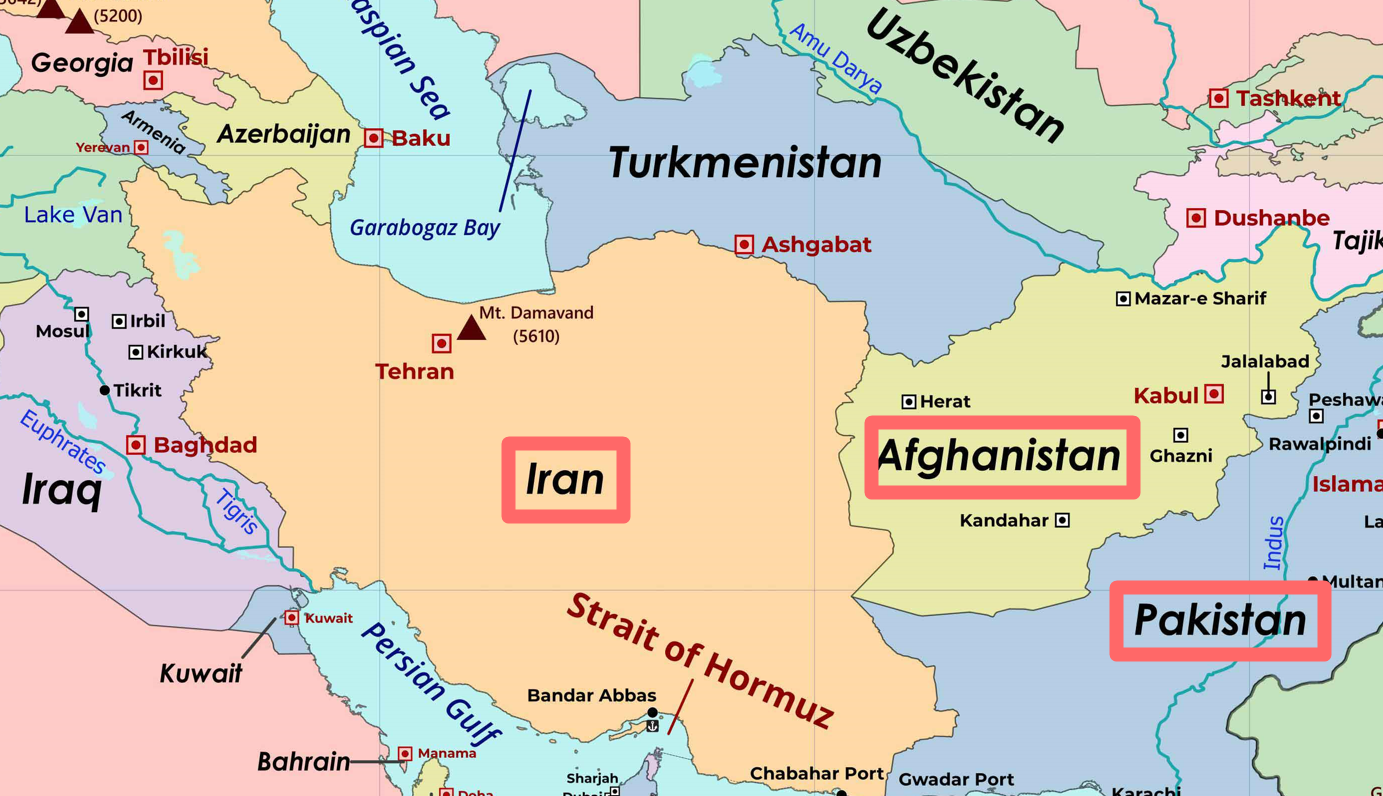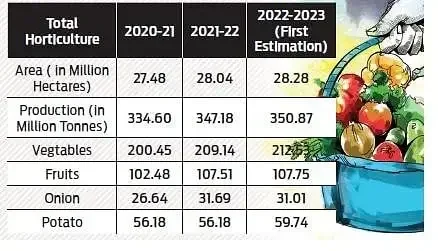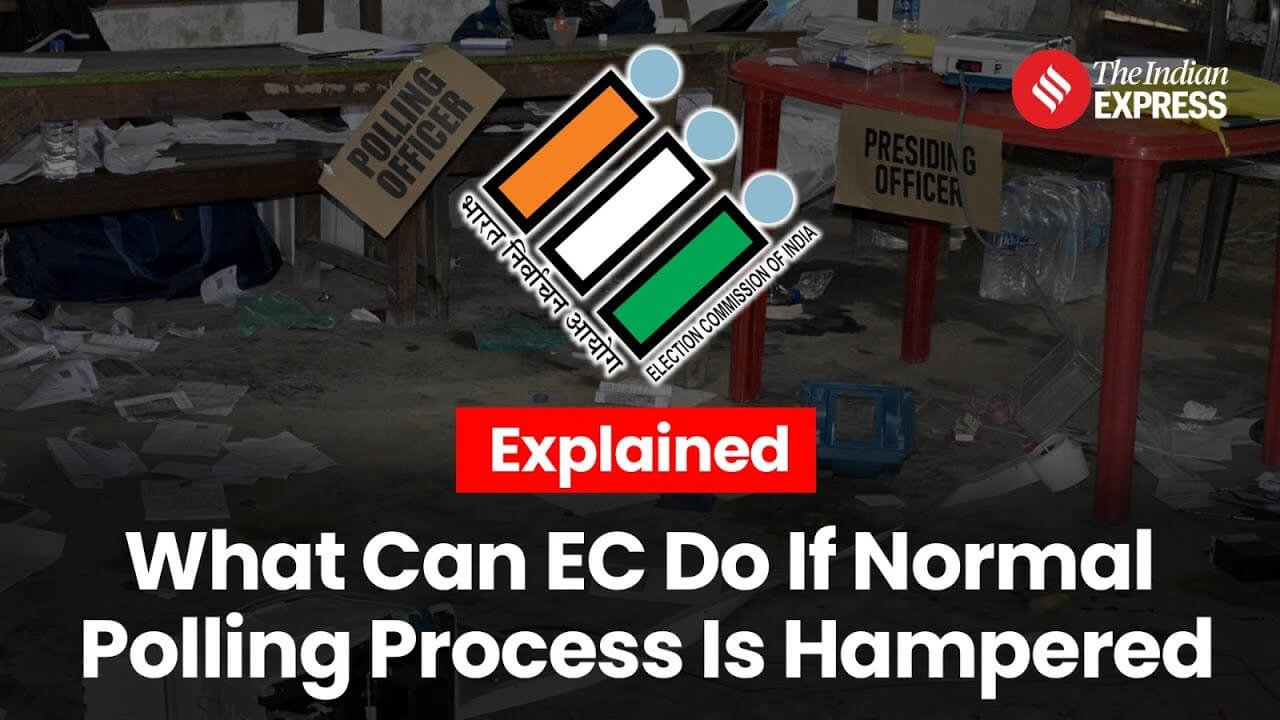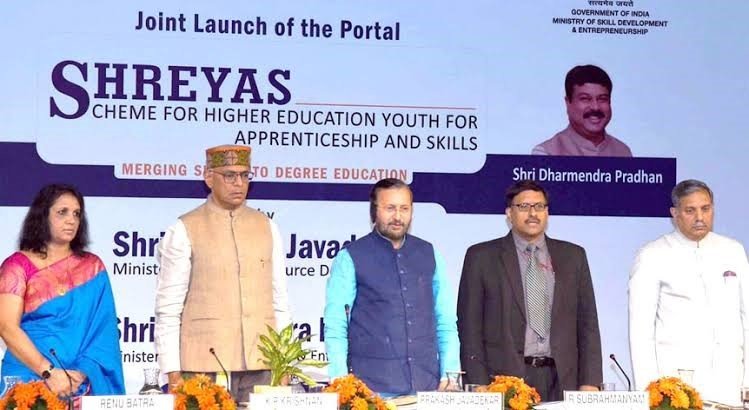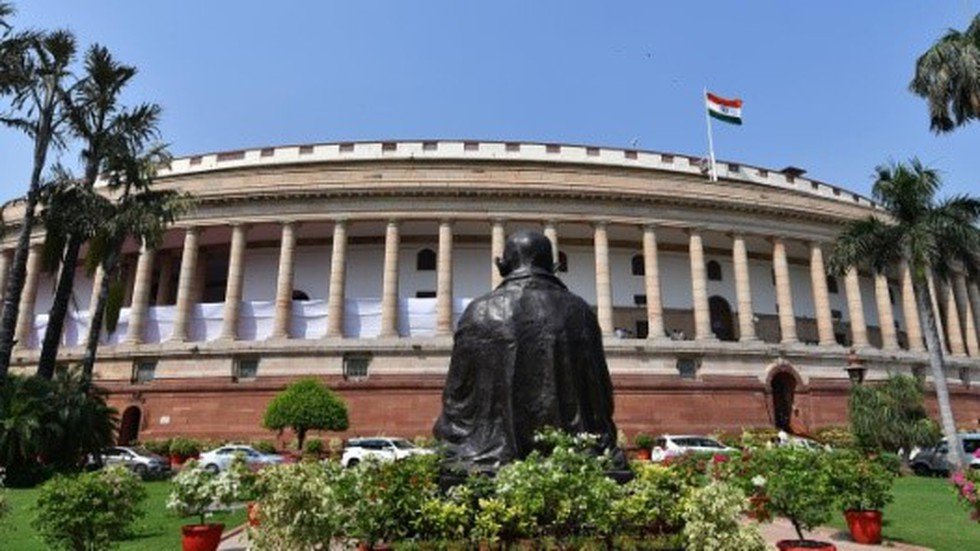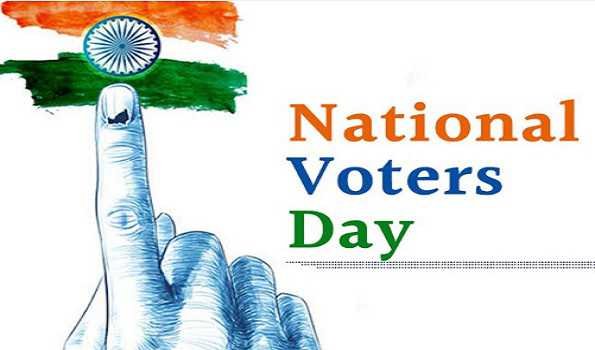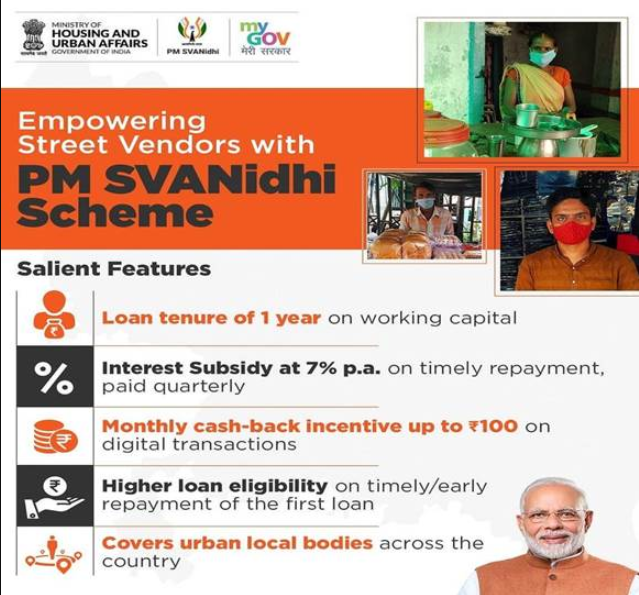
Winning Elections Without Any Opposition
Subscribers of "Current Affairs" course can Download Daily Current Affairs in PDF/DOC
Subscribe to Never Miss an Important Update! Assured Discounts on New Products!
Must Join PMF IAS Telegram Channel & PMF IAS History Telegram Channel
- Context (TH): The ruling party’s candidate from the Surat Lok Sabha constituency in Gujarat has been declared elected unopposed.
- Since 1951, at least 35 candidates have been elected unopposed to the Lok Sabha.
- The majority of them were in the first two decades after independence, with the last being in 2012.
Law related to the declaration of the results in unopposed elections.
- Rule 11 of the Conduct of Election Rules 1961 permits the Returning Officer (RO) to publish a list of contesting candidates and the declaration of results in an uncontested election.
- Section 53 (3) of the Representation of the People Act (RPA), 1951, deals with the procedure in uncontested elections.
- If the number of such candidates is less than the number of seats to be filled, the RO shall forthwith declare all such candidates to be elected.
- It is important to note that the actions of the RO in this regard are guided by Section 33 of the Act.
- Section 33 of the RPA: This section deals explicitly with the presentation of nomination papers and the requirements for a valid nomination.
Returning Officers (ROs)
|
Handbook for Returning Officers issued by the Election Commission
- If only one candidate contests in any constituency, that candidate should be declared to have been duly elected immediately after the last hour for withdrawal of candidature.
Conditions under which a Candidate is declared Elected Unopposed
- If only one candidate is contesting in any constituency.
- When all other candidates withdraw their nominations or are disqualified, leaving only one candidate in the running.
Issues with Unopposed Election of Candidates
Concerns for NOTA Voters
- This process does not allow electors to exercise the None of the Above (NOTA) option (Negative Voting).
Negative Voting
|
Undermining the Relevance of Voters
- The present electoral process, in a sense, excludes the ”electors” entirely from the election process and denies their rights if there are no candidates to contest.
- The democratic process is fulfilled only when there is interest among the contestants and the voters.
- A person not having even a single vote would legislate on behalf of the entire constituency.
Ambiguous Provision Under Section 65, RP Act, 1951
- A complete boycott of elections will be treated as everyone receiving zero votes and covered under Section 65, which deals with ‘Equality of votes’.
- If the votes are equal, the addition of one vote will entitle any of those candidates to be declared elected.
- The RO shall forthwith decide between those candidates by lot and proceed as if the candidate on whom the lot falls had received an additional vote.
- The will of the people is replaced by the system’s practicality in identifying who will represent the people when they did not participate in the process.
- The RPA, 1951, provides for issuing another notification if no candidates file their nomination the first time but is silent if the same thing is repeated after that.
- This means Candidates can nullify the process, but people collectively cannot.
Learnings from the General Financial Rules (GFRs)
|
Law for Nomination in India
Section 33 of RPA, 1951
- Section 33 of the RPA, 1951 contains the requirements for a valid nomination.
- As per the RP Act, an elector above 25 years of age can contest the Lok Sabha election from any constituency in India if they are an elector from any of the constituencies.
- A candidate can file up to four nomination papers with different sets of proposers.
Proposers for Recognised Political Parties
- However, the candidate’s proposer(s) should be an elector(s) from the respective constituency where the nomination is being filed.
- In the case of a recognised party (national or State), the candidate needs to have one proposer.
Proposers for Unrecognised Political Parties
- Candidates set up by unrecognised parties and independents need to be subscribed by ten proposers.
Scrutiny of Nomination Papers
- Section 36 of the RP Act sets out the law regarding the scrutiny of nomination papers by the RO.
- It provides that the RO shall not reject any nomination for a defect that is not substantial.
- However, it specifies that the signature of the candidate or proposer found not genuine is grounds for rejection.
Recourses Available Against Rejection of Nomination Papers
Exploring Election Tribunal Options
- RP Act, 1951 establishes Election Tribunals to resolve such disputes and Section 100 of the RPA outlines the grounds for declaring a candidate’s election void.
- Parties dissatisfied with the Election Tribunal’s decision can appeal to the HC and ultimately to the SC.
Article 329 Read With RP Act, 1951
- Article 329(b) of the IC, read with the RP Act, 1951, provides that no election shall be called into question except by an election petition before the concerned HC.
- Improper rejection of nomination papers is one of the grounds on which such an election petition can be filed.
- The RP Act provides that HCs shall endeavour to conclude such trials within six months, which has mostly not been followed in the past.
- Speedy disposal of election petitions would be a step in the right direction.
Moving to the Supreme Court
- The aggrieved party can file an appeal to the SC within 30 days of the HC’s order.
- SC in Jagan Nath v. Jaswant Singh, 1954: The burden of proving that corrupt practices have significantly impacted a candidate’s election lies with the petitioner.
- The court also clarified that an election petition’s scope is confined to the grounds outlined in Section 100 of the RP Act, 1951.
- SC in Mohinder Singh Gill v. Chief Election Commissioner (1978): Elections must be conducted fairly, and any violation of this principle would nullify the election.
- Election tribunal can investigate allegations of corrupt practices, even if not explicitly raised in the election petition.
Amending the First-Past-the-Post-System (FPTPS)
- Introducing a minimum percentage of votes for the winning candidates to be declared must be considered.
- If no candidate offers herself for elections, that seat should be transferred to the nominated category, where the President can appoint a person as per prescribed qualifications without consulting the GOI.
Article 329 of IC and Bar on Interference by Courts in Electoral Matters
Trial of Election Petition – Section 86 of RP Act, 1951
|


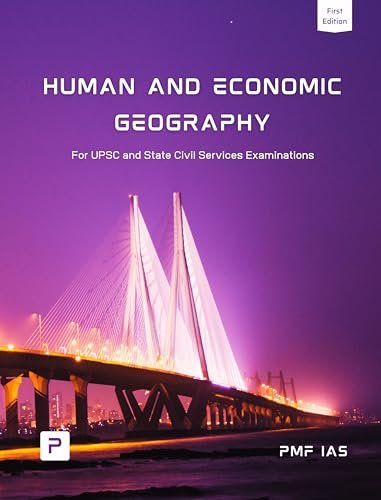



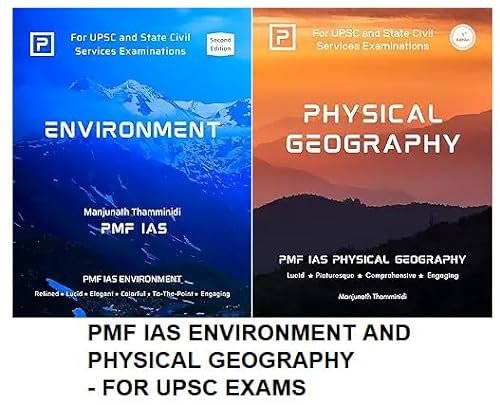
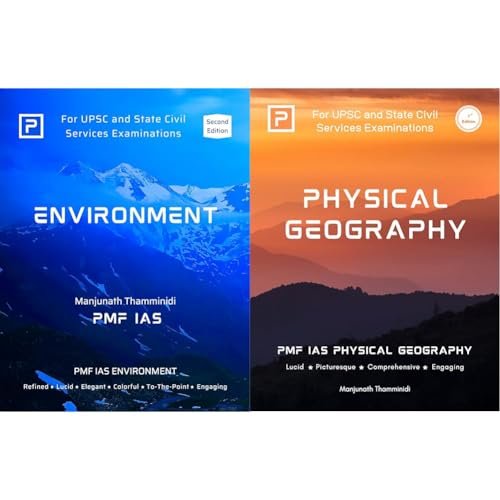
![PMF IAS Environment for UPSC 2022-23 [paperback] PMF IAS [Nov 30, 2021]…](https://pmfias.b-cdn.net/wp-content/uploads/2024/04/pmfiasenvironmentforupsc2022-23paperbackpmfiasnov302021.jpg)
